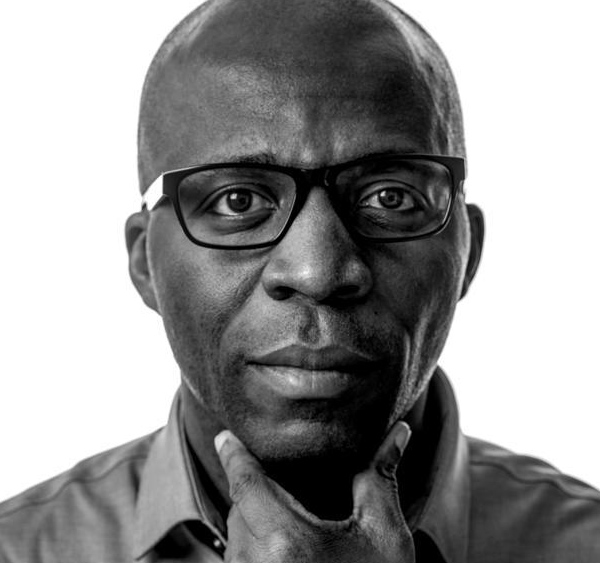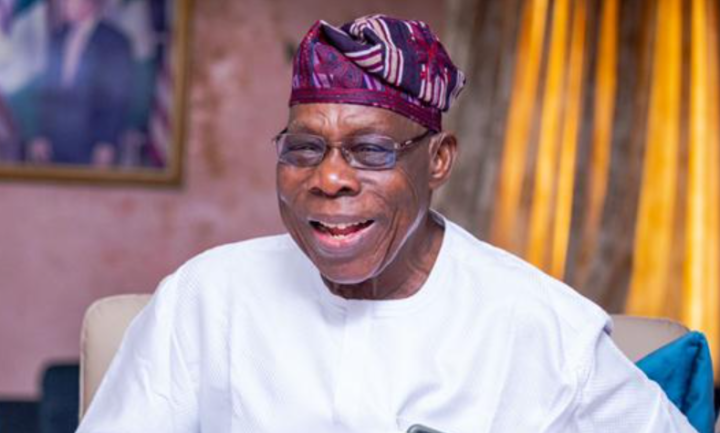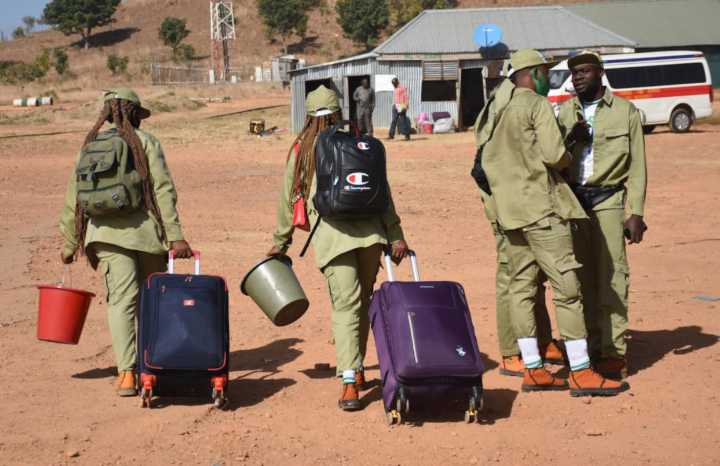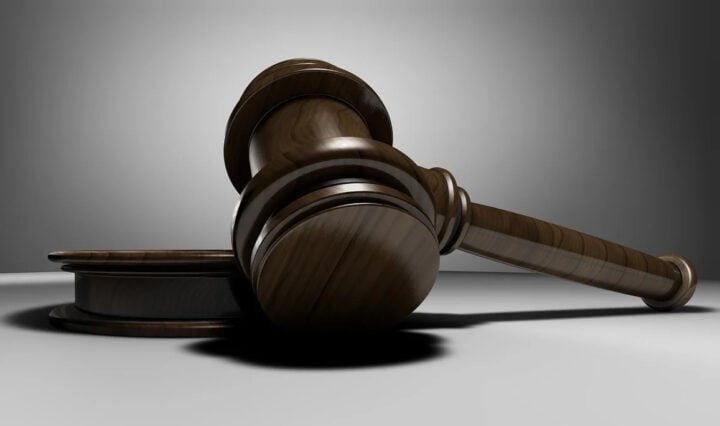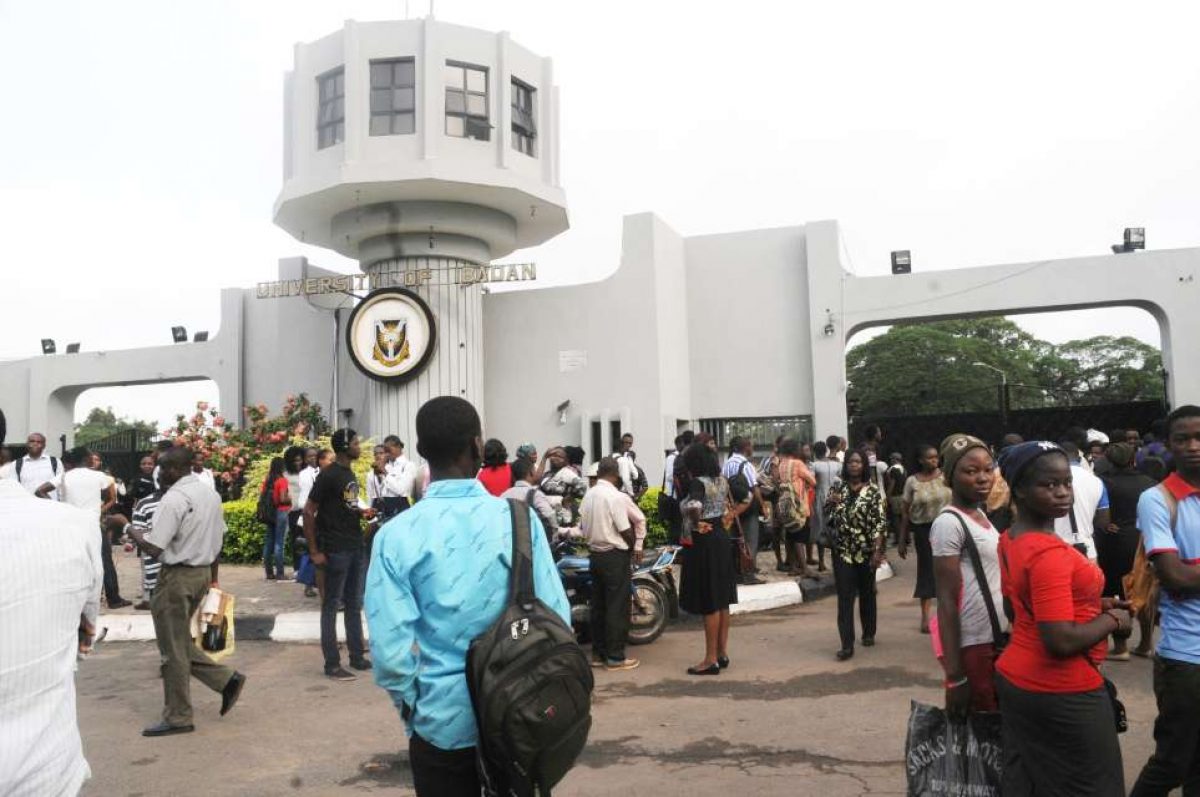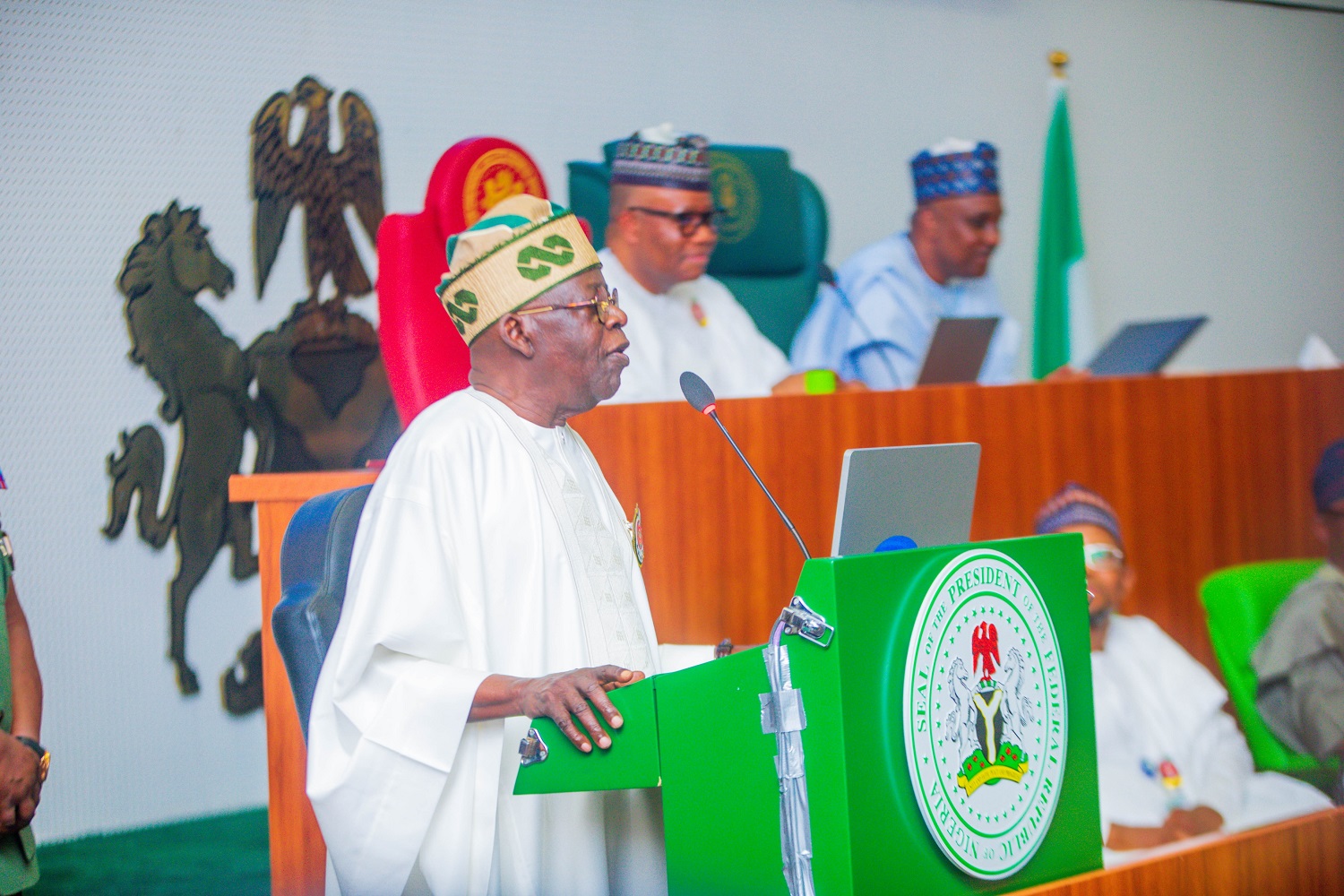Olusegun Obasanjo
There has been a rise in the military coups Africa has experienced in recent years, From Gabon to Niger, Sudan, Chad, Burkina Faso and Mali. These coups have raised legitimate concerns about whether Africa is backsliding from democracy, but I beg to differ.
There has been a bit of a furore recently about statements credited to former president Olusegun Obasanjo about the viability of Western-style democracy in Africa, with the government of Nigeria lambasting President Obasanjo through a spokesman. At the very least, President Obasanjo’s statement is worth examining.
I believe we need to re-evaluate if the Western style of democracy is appropriate for the continent and perhaps begin to think of how to craft better democratic norms in line with Africa’s culture and tradition,
Africa is a continent of enormous diversity, with a rich tapestry of cultures, languages, and historical experiences. The singular term “Africa” perhaps belittles the complexity and enormity of this magnificent continent, which comprises 54 countries with over 1,500 languages. This diversity is reflected in the governing systems that have been in place across the continent, which echo each society’s unique social and cultural fabric.
Advertisement
Historically, Africa’s indigenous systems of governance were largely communal and consensus-based. These systems, although diverse and not unified, worked remarkably well. They fostered a sense of community, ensured social order, and promoted mutual respect and understanding. They were systems born from centuries of cultural evolution and social experimentation, systems intimately tied to their societies’ unique conditions and needs.
Colonialism and the transatlantic slave trade weakened the existing infrastructure, making it seem inadequate, and it would take a unified effort to develop a governance system suited to Africa.
Colonialism brought profound changes to the African landscape. The traditional systems of governance were often supplanted by the Western model of democracy, which was foreign to Africa and often at odds with its cultural and social norms. Democracy, as a concept, is rooted in the principles of equal representation, individual rights, and majority rule. While these principles are noble and desirable, their transplantation into a different cultural and social context has often led to friction and conflict. Democracy is believed to be the best tool to govern multiple ethnicities, but we have never explored other methods. The recent report published by SBM Intelligence on Africa Country Instability Risk Index reveals the governance structure of sub-Saharan Africa and there is work to do.
Advertisement
Do you think democracy, as it is currently understood and practised, with its roots in the West, is the right governing system for Africa.? Should Africa return to its indigenous systems of governance, which emerged from its own cultural and historical context and were shaped by its own experiences and needs?
These questions are not just about political systems and governance models but also about cultural identity, historical legacy, and the right to self-determination.
The imposition of democracy in Africa has often been accompanied by the narrative that it is a superior form of governance, a narrative that implicitly suggests that Africa’s indigenous systems of governance were inferior or inadequate. This narrative has been embraced by some and rejected by others. It has sparked a debate about the validity and relevance of Africa’s indigenous systems of governance and about the role of foreign influences in shaping Africa’s political landscape.
This is not to suggest that Africa’s indigenous governance systems were perfect or that they should be blindly adopted in their original form. Like any system of governance, they had their flaws and challenges. However, they were systems intimately tied to the societies they served, and they were based on principles that reflected the values and aspirations of those societies.
Advertisement
Democracy, as a concept, is not inherently flawed. It is a system of governance that has proven effective in many parts of the world. However, how it is implemented in Africa, often top-down and without careful consideration of the unique cultural and social context, has often led to conflict and instability. Finding a middle ground and commonality between traditional and democratic leadership structures is vital for fostering inclusive governance in Africa. One potential approach could be establishing a hybrid system that incorporates traditional and elected leadership elements. For instance, traditional leaders could serve as advisors or representatives of their communities within democratically elected bodies.
I am calling for deep reflection and thoughtful dialogue. Can we re-think our assumptions about governance and challenge the narratives that have shaped our understanding of Africa? Can we consider what is right for Africa and for each of the diverse societies that make up this magnificent continent?
This debate over the right governing system for Africa is not just a political debate but a cultural and historical one. It debates identity, self-determination, and the right to shape one’s destiny. It is a debate that challenges us to look beyond the familiar narratives and explore the rich and diverse tapestry of African governance.
Major Adeleke is a retired US Army soldier and works with SBM Intelligence.
Advertisement
Views expressed by contributors are strictly personal and not of TheCable.
Add a comment
